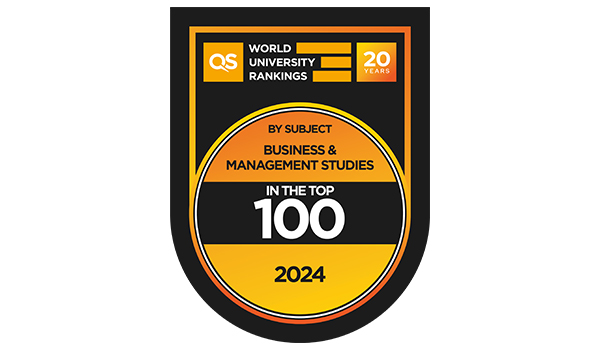Overview
We live in a world where analytical decision-making happens every second. Data is collected about everything in order to construct, operate and maintain systems. If you want a career in decision support, operational research, industrial engineering or management science, the MSc Business Analytics programme is ideal for you.
This programme will train you in analytical decision-making. Not only do you learn the theory of business analytics, but also how to apply it in practice. This involves generating relevant business insights using data-driven methodologies and tools. Our programme is one of the few to teach the entire business analytics life cycle, covering descriptive, predictive and prescriptive analytics.
We have excellent partnerships with industry business analytics practitioners. We constantly update this programme to reflect the dynamically changing landscape of business analytics. We place a very high emphasis on creating graduates with skills that are valuable in the job market. For example, you will experience a real-life analytics project as part of your master's programme.
Lancaster University is a pioneer of analytics in the UK and Europe. We were one of the first universities in the UK to establish an Operational Research department, which developed into Business Analytics. For more than 50 years, we have been at the forefront of applying analytics to business in teaching and research.
Our academics are leaders in fields such as forecasting, optimisation, simulation and stochastic modelling. You will learn technical aspects like machine learning and data mining. We also have domain expertise in logistics and supply chain analytics, healthcare analytics, sports analytics, network analytics, marketing analytics and pricing analytics.
Our graduates become business analysts, data scientists, analytics engineers, and logistics consultants, and some also pursue academic research. Many students receive job offers while still studying.
Programme content
The MSc in Business Analytics comprises compulsory and optional modules plus a project. The compulsory modules ensure that you have a firm grounding in important subjects. The wide range of optional modules allows you to specialise in subjects that particularly interest you.
During your first term, from October to December, you will study four core modules:
- Operational Research and Prescriptive Analytics
- Statistics and Descriptive Analytics
- Python Programming for Problem Solving
- Analytics in Practice
The second tern runs from January to May and includes the Forecasting and Predictive Analytics module plus three optional modules.
From May to September, you will choose one of the two dissertation modules.
- Dissertation (Industry)
- Dissertation (Research)
The course structure contains more information on each module.





.png)















